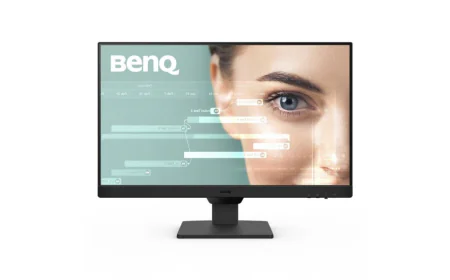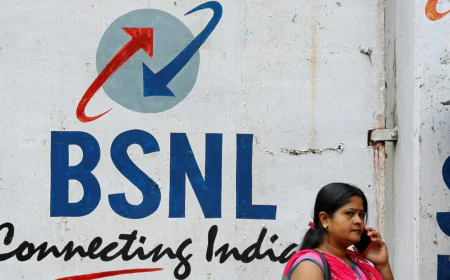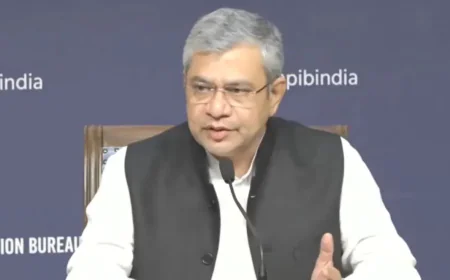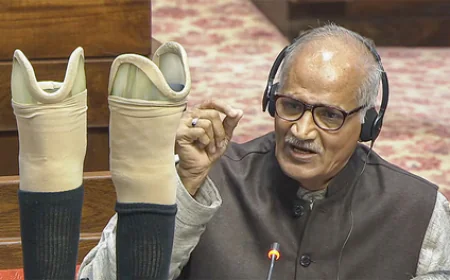India has made Indigenous X-ray machine for testing TB with half of the price
During the International Conference of Drug Regulatory Authorities India 2024, the Director General of ICMR said that hand-held X-ray machine is very expensive but in partnership with IIT Kanpur, ICMR has now made a hand-held indigenous X-ray machine, which costs half as compared to the foreign machine. With this, TB can also be tested at home.
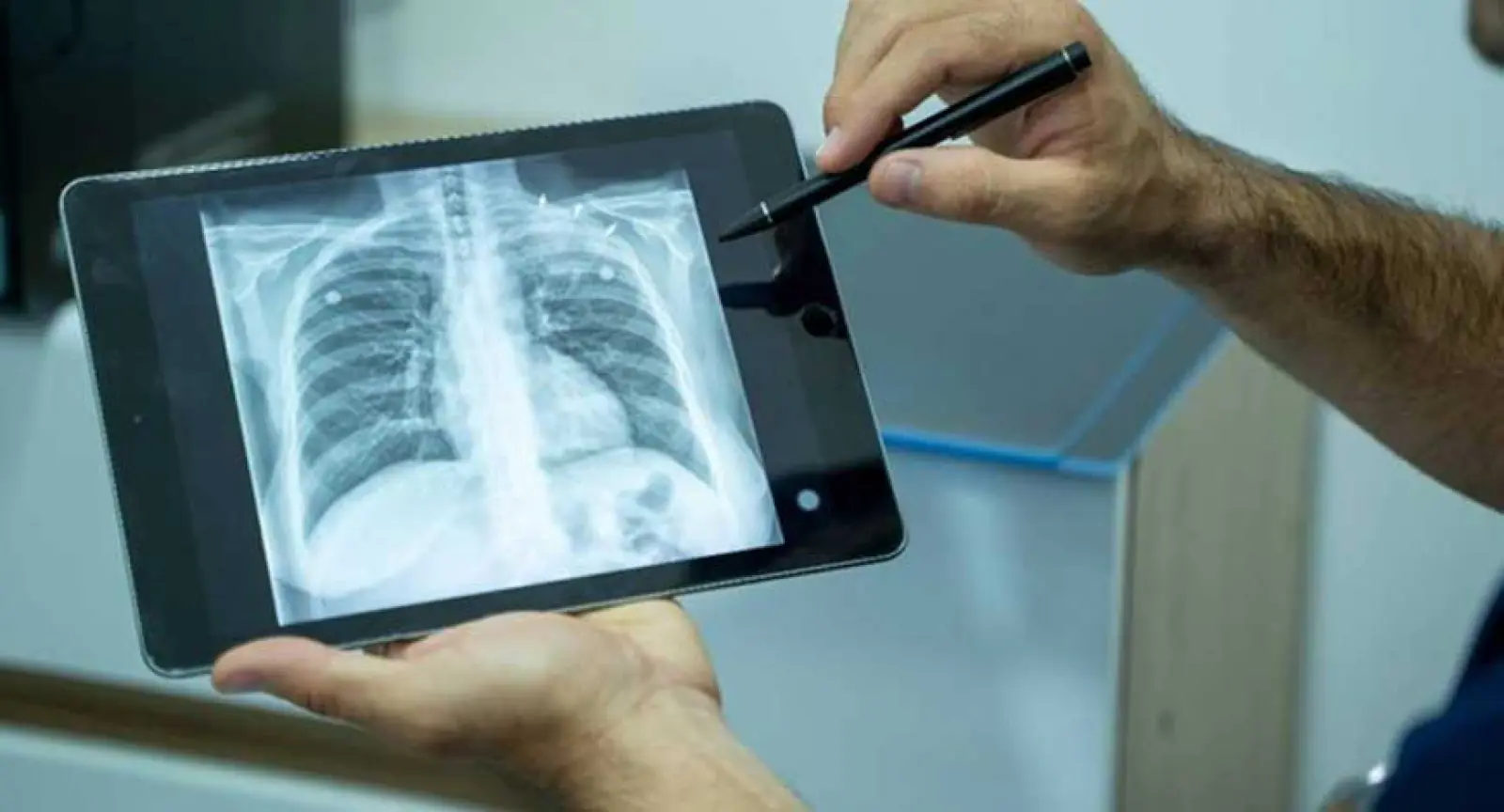
India has achieved a milestone by creating an Indigenous portable X-ray machine to fight against TB. With the help of this machine TB testing can be done. The handheld portable X-ray machine would help in early TB recognition and provide prompt treatment, according to Dr. Rajiv Bahl, Director General of the Indian Council of Medical Research (ICMR).
The Director General of ICMR stated at the International Conference of Drug Regulatory Authorities India 2024 that while hand-held X-ray machines are very costly, ICMR has now produced an indigenous hand-held X-ray machine that is half as expensive as a foreign machine through a partnership with IIT Kanpur. This allows for at-home TB testing as well.
According to Dr. Bahl, India has also created a test kit for Mpax testing. It is also expected that the dengue vaccine will be launched shortly. "We are conducting the third phase clinical trial of the dengue vaccine," he stated. The results are expected to be available within a year.
Want to get your story featured as above? click here!
Want to get your story featured as above? click here!
A technique for administering medication via the nose to treat tuberculosis has been created for the first time. According to IANS, researchers at the Institute of Nano Science and Technology (INST), Mohali, have created a way to administer TB medications via the nose for the first time. The term "Central Nervous System TB" (CNS-TB) refers to TB that affects the brain. This TB is among the most dangerous.
The innovative nasal medicine delivery technique can lower brain TB bacteria by a factor of a thousand times. For this, the INST team employed nanoparticles composed of a natural material called chitosan, which allowed TB medications to enter the nose and travel straight to the brain.
According to a study that was published in the Royal Society of Chemistry journal Nanoscale, the team found that administering these nano-aggregates by the nose to TB-infected mice decreased the amount of germs in their brains by around a thousand times when compared to mice that were not treated. People with brain tuberculosis are likely to benefit from the new therapeutic approach. Other brain infections, illnesses like Parkinson's and Alzheimer's, brain tumors, and epilepsy can all be treated with this technique.














%20(1).jpg)

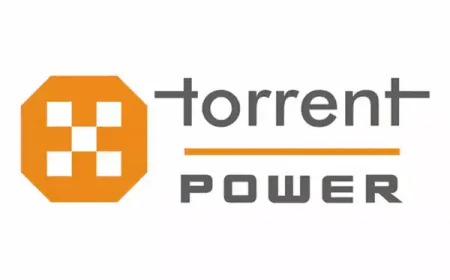







.jpg)















.jpg)

